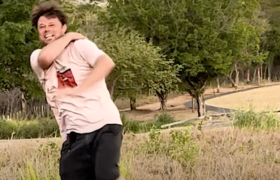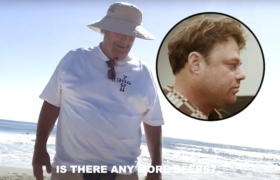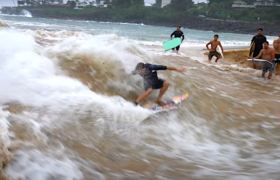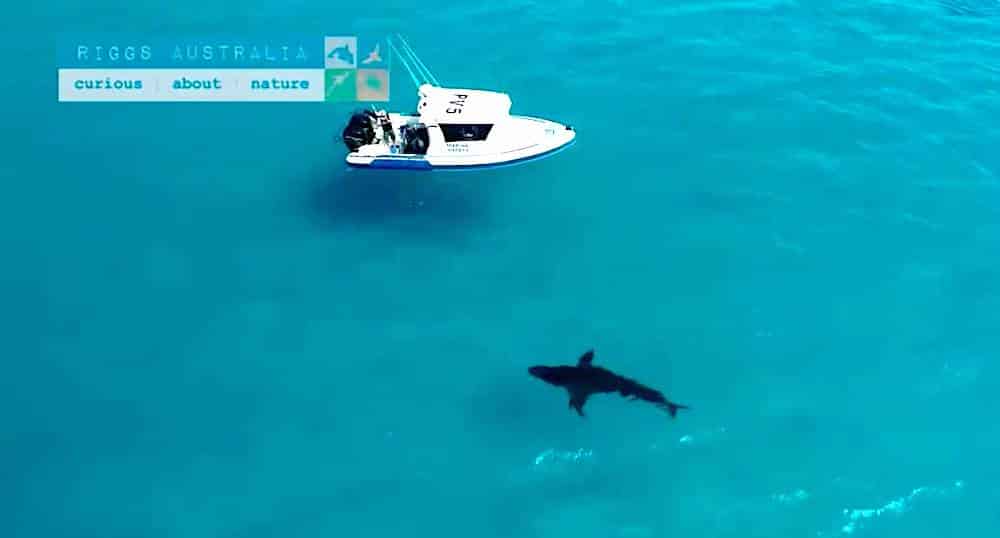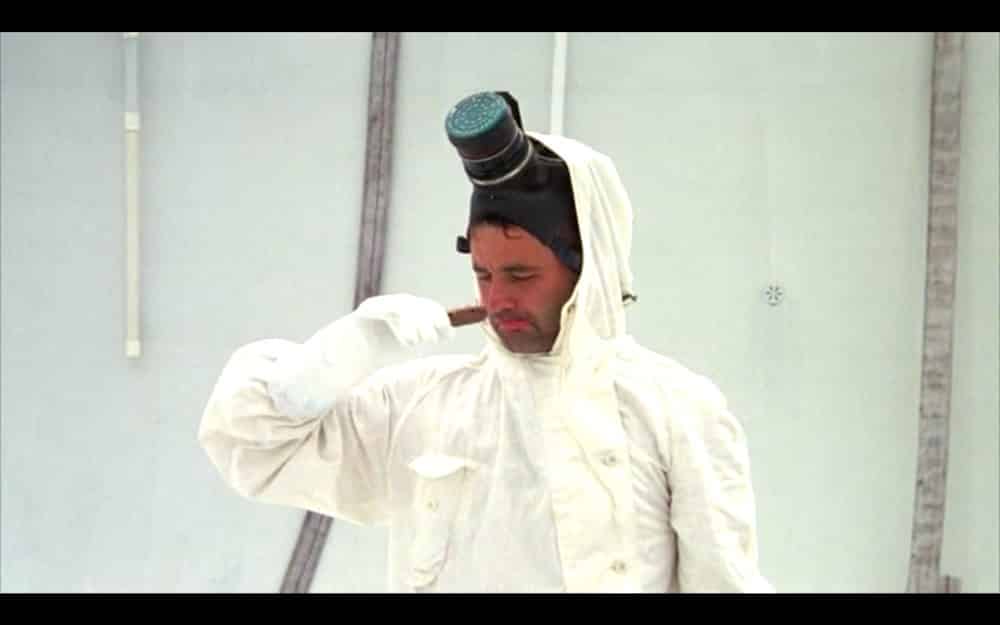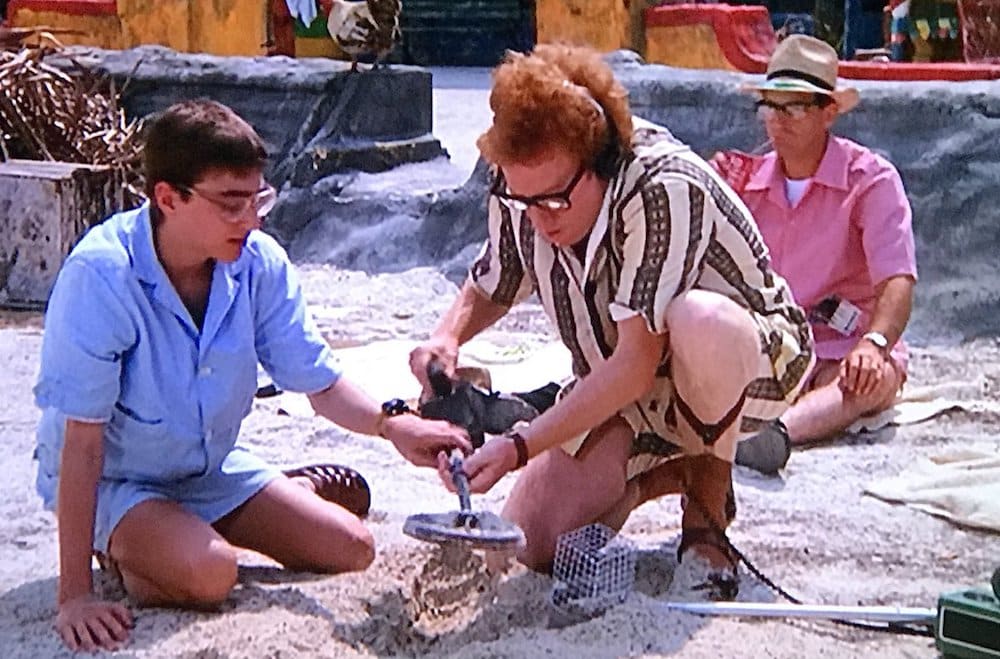The new reality.
Police and paramedics are investigating a shark attack on a surfer at Kelpies, Esperance, a pretty stretch of sand on an impossibly pretty stretch of coastline, seven hundred clicks south of Perth in Western Australia.
A large shark spotted, a surfboard found floating in the water, no surfer.
Beach closed.
“The surfboard washed up nearby to where the attack occurred and with obvious signs of shark attack,” Senior Sergeant Justin Tarasinski told reporters.“The chances of survival are obviously pretty slim considering some of the accounts that have been provided to us.”
The name Kelpies rings a bell don’t it. In 2017, teenager surfer Laticia Brouwers died in front of her family after being hit by a Great White.
Three years earlier, Sean Pollard, 23, had an arm and another hand bitten off by a Great White at the same beach.
Nine months ago, Gary Johnson, hit by a White as soon as he dived into the water off Esperance to set his anchor, killed.
Last month, I spent a fascinating hour examining the new military-grade crankshaft tourniquets of Mr Jon Cohen, the emergency department doctor who has made it his business to stem the death rate from Great White shark attacks in Australia.
Jon lives in Sydney most of the year but spends a little time each year in the ED of Esperance Hospital.
Jon knows hits by Great Whites in Esperance are a new reality.
“I know some guys who were in the ED that day (Laeticia Brouwer was killed) and it was a traumatic experience to manage. Cases like that are preventable deaths. People can act on the beach if they’re there when it happens. It might be scary to talk about but it’s reassuring to know that there is something you can do and it’s not complicated.”
He doesn’t have, or won’t share, any opinion concerning solutions to a growing population but he does have a solution post-hit. His goal is to have a shark bite kit at all the main beaches, and he runs regular classes on what to do if a White takes a limb.
Last year, Cohen told me he Cohen wanted to get a haemorrhage kit at Kelpies. He said it might make the difference between life and death if someone was attacked.
Esperance has become such a byword for Great Whites, the Discovery Channel brought a New York-based marine biologist, Dr Craig O’Connell, to the isolated town to film a documentary exploring the peculiarly aggressive nature of Esperance’s Great Whites.
“People have begun arriving at the beach after hearing about the possible shark attack, worried about if their loved one is a victim. At least one person is in tears,” reported the ABC’s Emily Smith.
(Below, watch as a Great White circles a twenty-five-foot patrol boat in Esperance, from 2017)
